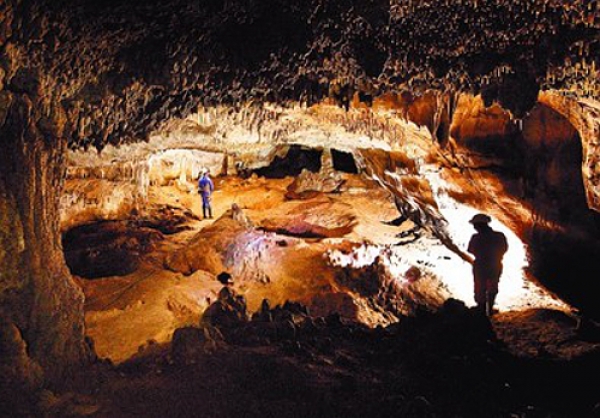The humans at the Sima de los Huesos were ancestors of the Neanderthals
A research study published in the scientific journal Nature, in which the participants included Professor Ignacio Martínez Mendizabal and the researcher Ana Gracia Téllez, confirms that the humans at Atapuerca were ancestors of the Neanderthals.
This confirmation was the result of the analysis of nuclear DNA (found in the nucleus of cells) of the remains found in 2 of the 28 individuals who lived at the Sima de los Huesos site 430,000 years ago.
The group of paleoanthropologists which participated in the research believes that the humans from Atapuerca are archaic Neanderthals, ancestors of those who lived in Europe until 40,000 years ago, which were related to Homo sapiens.
This research was carried out using innovative technology, provided by the Max Planck Institute for Evolutionary Anthropology in Leipzig (Germany), the world's leading experts in the analysis of ancient DNA.
Although the scholars tried to analyse DNA from five fossils, it was only possible to do so in two. The best preserved is an adult femur, from which two million bases (DNA letters), representing just 0.07% of the human genome, have been recovered.
The other piece analysed was an incisor of an indeterminate age. The results published in Nature indicate that nuclear DNA from the human remains found at the Sima de los Huesos is more closely related to Neanderthals than to Denisovan hominins.
According to the researchers, the Sima de los Huesos is currently the only site where it is possible to study DNA sequences from Middle Pleistocene, the period before 125,000 years ago.
This study is significant because it provides benchmarks on the timeline of human evolution, and reinforces the hypothesis that Homo sapiens as a species separated from other archaic humans between 550,000 and 750,000 years ago. This research also confirms the divergence between Neanderthals and Denisovans, in a separation based on a common ancestor that took place earlier than 430,000 years ago.
Publicado en: Inglés
